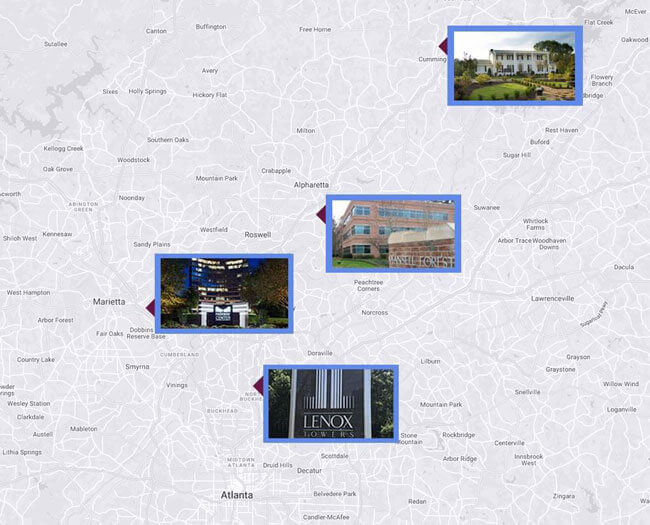Many Georgia couples who have divorced understand fully well that tax matters invariably crop up following marriage dissolution. Others are not so sure what might be involved, which is hardly surprising, given the complexity of the U.S. Tax Code.
An experienced family law attorney, especially one who has handled your divorce and is intimately familiar with the always unique factors involved in every divorce (such as child custody, child support, alimony, property division and other possibilities) is a good contact point for analysis and discussion of how tax-related issues might play out following a divorce proceeding.
One such focus following many divorces logically centers on tax breaks relating to children that are available under the Code.
There are many such breaks, and paying attention to them can result in considerable savings. Intuitively, it might seem most logical that the custodial parent — the parent who has primary custody of a child — will receive most, if not all, of the child-related tax breaks, but that is far from true in many cases.
For example, and provided certain requirements are met, a custodial parent can give the noncustodial parent the legal right to claim a child as a dependent for tax purposes. This allows the latter to claim a dependency exemption deduction for the child, as well as several other credits and deductions that might be available.
Those often valuable offsets can include a child tax credit, a deduction for payment on student loan interest and various other education-related credits and deductions.
Those breaks can be claimed by only one — not both — of the parents, but there are others that are available to both. Those include, for instance, itemized deductions that each parent can claim for medical expenses paid for a child
And, understandably, certain breaks are available only to the custodial parent.
The point: Close scrutiny of a couple’s personal situation with a close eye on the Tax Code can often yield significant breaks and savings for one or both parents of a child.
Contact an experienced family law attorney for advice on a divorce and related tax implications.
Source: Smart Money, “Child-related tax breaks after divorce,” Bill Bischoff, March 28, 2012

